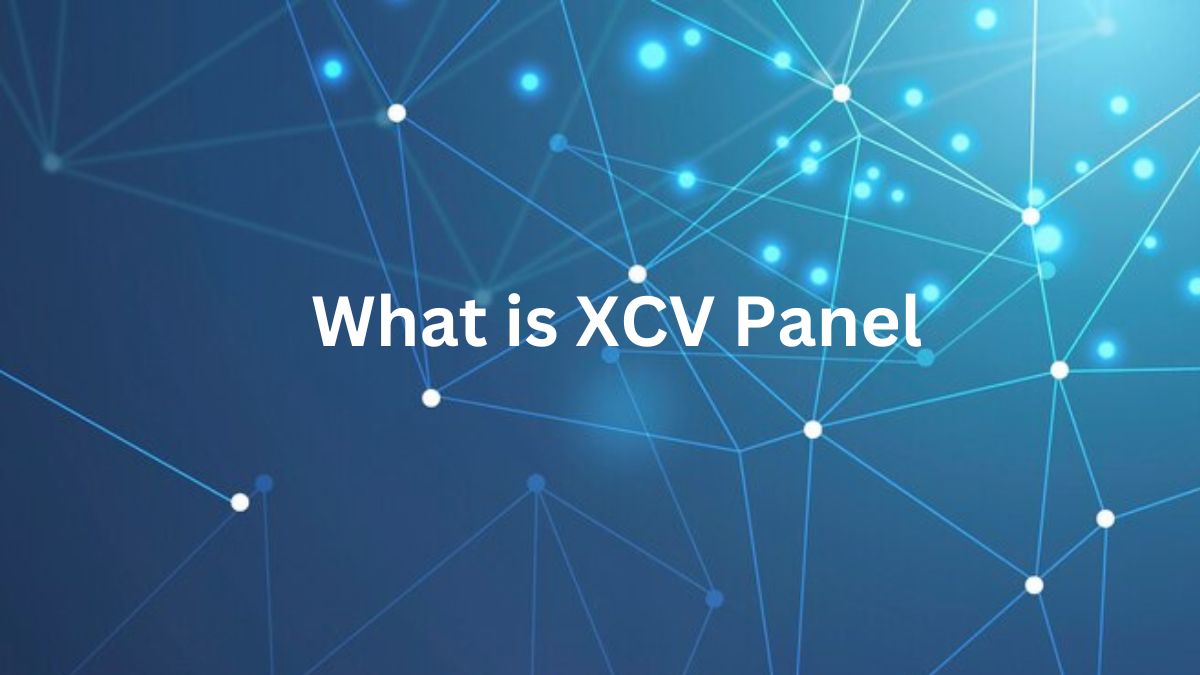In a world where environmental concerns and energy sustainability are at the forefront of discussions, innovative solutions are needed more than ever. Enter the XCV Panel, a game-changing technology poised to revolutionize the way we harness energy.
Introduction
The XCV Panel represents a significant advancement in renewable energy technology, offering a sustainable alternative to traditional energy sources. With its ability to convert sunlight into electricity, this innovative panel is paving the way for a greener and more efficient future.
The Need for Sustainable Energy
As the demand for electricity continues to rise, so does the strain on our planet’s finite resources. Traditional energy sources such as coal and oil not only contribute to environmental degradation but also come with a hefty price tag. The XCV Panel offers a solution to this dilemma by harnessing the abundant power of the sun to generate clean, renewable energy.
How It Works
At the heart of the XCV Panel is cutting-edge photovoltaic technology, which allows it to convert sunlight into electricity with remarkable efficiency. The panel is comprised of solar cells made from semiconductor materials, which absorb photons from sunlight and release electrons, generating an electric current. This electricity can then be used to power homes, businesses, and even entire communities.
Advantages of the XCV Panel
One of the key advantages of the XCV Panel is its sustainability. Unlike fossil fuels, which are finite and environmentally harmful, sunlight is an abundant and renewable resource. By harnessing solar energy, we can reduce our reliance on non-renewable resources and decrease our carbon footprint.
Additionally, XCV Panels are highly cost-effective. While the initial investment may be higher than traditional energy sources, the long-term savings are significant. With minimal maintenance required and no fuel costs, XCV Panels offer a reliable and affordable energy solution for homeowners and businesses alike.
Environmental Impact
Perhaps the most compelling aspect of the XCV Panel is its positive impact on the environment. By generating electricity from sunlight, these panels produce zero emissions and significantly reduce greenhouse gas emissions. This not only helps combat climate change but also reduces air and water pollution, improving overall environmental quality.
Applications
The versatility of the XCV Panel makes it suitable for a wide range of applications. From residential rooftops to commercial buildings and utility-scale solar farms, these panels can be deployed virtually anywhere there is access to sunlight. In addition to providing electricity, XCV Panels can also be integrated into building designs to enhance aesthetics and energy efficiency.
Overcoming Challenges
While the XCV Panel offers tremendous potential, there are still challenges to overcome. One of the main obstacles is the variability of sunlight, which can affect the panel’s performance. However, advancements in energy storage technology, such as batteries, are helping to mitigate this issue by allowing excess energy to be stored for use during periods of low sunlight.
The Future of Energy
As the world transitions to a more sustainable energy future, technologies like the XCV Panel will play a crucial role in meeting our growing energy needs. By harnessing the power of the sun, we can create a cleaner, greener, and more resilient energy system for generations to come.
Conclusion
The XCV Panel represents a beacon of hope in our quest for a sustainable energy future. With its ability to harness the power of the sun and generate clean electricity, this innovative technology is reshaping the way we think about energy production. As we continue to embrace renewable energy solutions, the XCV Panel stands ready to lead the charge towards a brighter tomorrow.
To access a wealth of additional information, please follow this link: https://www.xcvpanel.us
